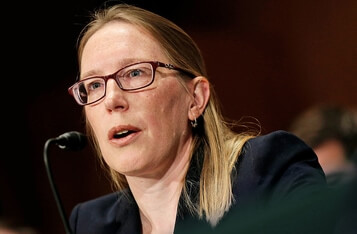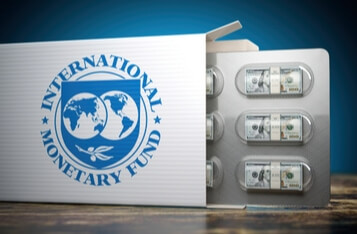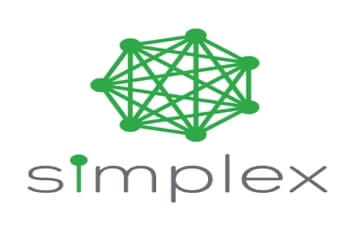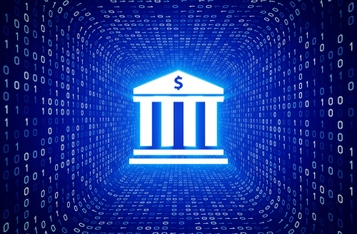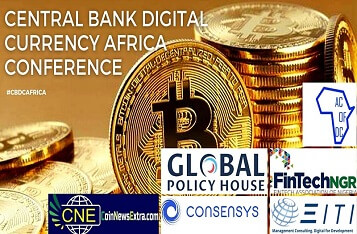Search Results for "formal methods"
Exploring Formal Methods in Zero Knowledge Circuits for Enhanced Security
Discover the significance of applying formal methods to zero knowledge circuits to mitigate security risks in zero-knowledge proofs, as highlighted by Isil Dillig from UT Austin.
Japan Will Include Central Bank Digital Currency in Honebuto Economic Plan
The Japanese Government has continued its acceleration towards a Central Bank Digital Currency (CBDC) and is set to include its consideration in its formal economic plan.
US SEC Commissioner Proposes 3 Year Securities Law Exemption for Crypto Projects
United States Securities and Exchange Commission (SEC) Commissioner Hester Peirce has doubled down on her recent suggestion to provide decentralized network developers a safe harbor and has now submitted a formal proposal.
Japan Rural Dwellers to Experience the Use of Blockchain in Property Acquisitions
A new platform has shown through trial methods that Japanese real estate fund was more efficient, transparent, and compliant with the use of digital securities and blockchain technology.
IMF Releases New Blog on the Adoption of Stablecoins
The International Monetary Fund (IMF) recently released a blog, “Digital Currencies: The Rise of Stablecoins” outlining the adoption of new digital payment methods.
5 Ways The Crypto Market Has Changed In 2020
The cryptocurrency market is constantly evolving. Among new investment methods, new technologies, and new cryptocurrencies altogether, these are some of the most prominent developments in 2020.
Simplex Redefines the Fiat-to-Crypto/Crypto-to-Fiat Experience With the Launch of the Simplex Banking Solution
Simplex Banking works alongside Simplex’s unparalleled partner network to overcome key barriers to greater crypto adoption by providing a global solution of crypto- friendly banking, offering local payment methods for a truly global reach.
COVID-19 Relief Spurs Federal Reserve Towards Digital Payments with FEDNow
The Federal Reserve is accelerating towards digital payments technology as the COVID-19 pandemic has highlighted the need to provide faster methods of relief. The United States central bank has announced the development of its own platform—FedNow.
Tezos Blockchain Chosen for French Digital Euro by Societe Generale-Forge
Societe Generale-Forge has selected the Tezos blockchain for its central bank digital currency (CBDC) experiment with the French central bank.
Bitpay Announces the First Large Online International Furniture Brand to Go Live
Beliani, a European online home accessory and furniture seller, has inked a partnership with BitPay, a US-based bitcoin payment service provider, to allow buyers make purchases using cryptocurrencies, such as Bitcoin, Ripple, Ether, and Bitcoin Cash, as well as dollar-pegged stablecoins like USD Coin (USDC). This approach will enable shoppers to save 2-3% on every crypto transaction made compared to other payment methods.
COINNEWSEXTRA AND GLOBAL POLICY HOUSE TO HOST FIRST UNPRECEDENTED CBDC CONFERENCE IN AFRICA
One of the best gift possessed by humans is the ability to adapt to change. Little did we know that the global COVID-19 pandemic was going to deprive us of our regular mode of living, here we are today with several months of stay at home with many organisations and people pivoting into the digital economy. The immense impact of the COVID-19 pandemic has severely affected the whole world with developments changing frequently. However, digital innovations and technology solutions have been deployed to respond urgently to these changes, This has led to a notable increase in demand for online transactions, resulting in a significant shift from cash to digital payment methods.
Binance Reaching a Larger User Base by Applying for Singapore’s New Crypto License
Crypto exchange Binance has applied for a license in Singapore under the country’s Payment Services Act, a new framework that came into effect on Jan. 28.


